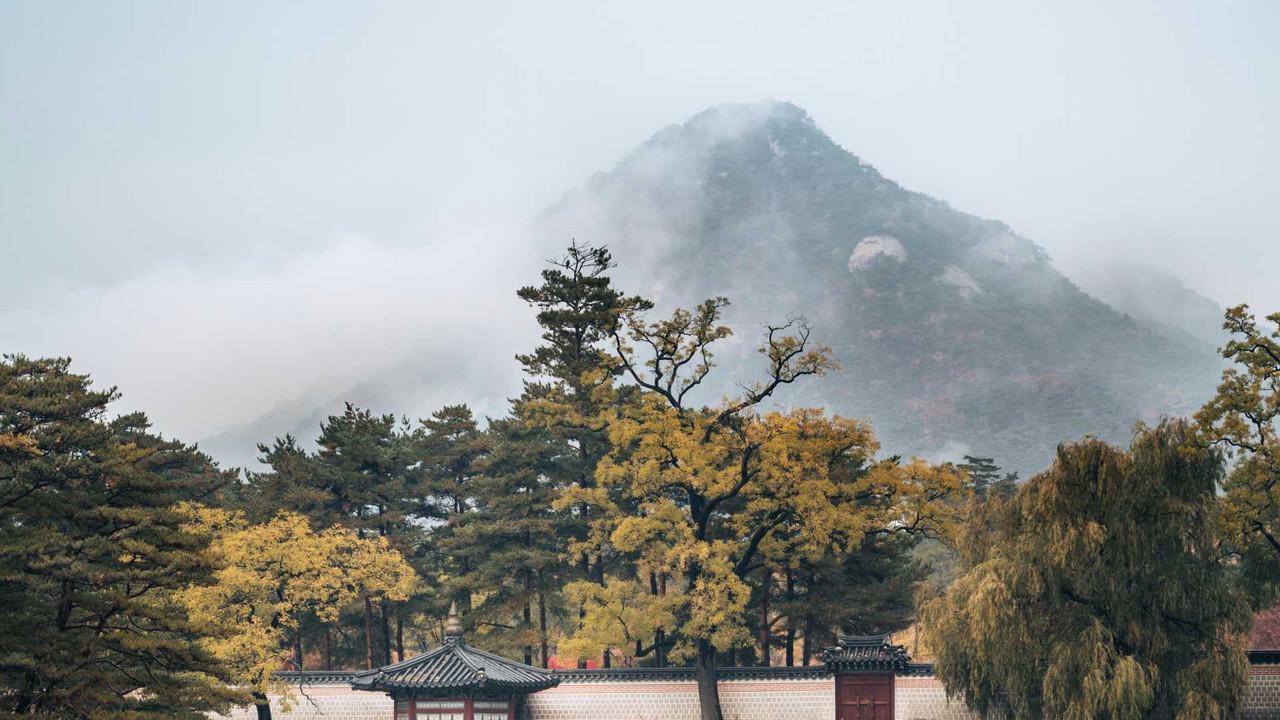North-Korea
Working Hours and Overtime Regulations
Understand the laws governing work hours and overtime in North-Korea

Standard working hours
Information about standard working hours in North Korea is limited due to the country's closed political system. However, some insights can be gleaned from the North Korean Labor Law and the Kaesong Industrial Complex (KIC) Labor Law.
North Korean ideology reportedly promotes an ideal division of time: eight hours for work, eight hours for study or political indoctrination, and eight hours for rest. This suggests a potential standard workday of eight hours, but it's unclear how strictly this is enforced.
The KIC Labor Law, applicable to a specific industrial zone with South Korean involvement, offers some concrete regulations. Article 22 mandates employers to guarantee national holidays and off days for workers. This implies a standard work week but doesn't specify the exact number of working hours.
It's important to note that the KIC might not be representative of standard working conditions across North Korea.
Overtime
North Korea's labor landscape is complex, and information on regulations regarding overtime work can be scarce. While there aren't clear-cut laws defining overtime pay and limitations, there are some insights we can glean from various sources.
North Korea's official ideology promotes a concept of "three eights" - eight hours of work, eight hours of study, and eight hours of sleep. This suggests a standard workday of eight hours, with overtime not being the norm.
However, reports indicate that overtime is prevalent, particularly in certain sectors. A 2005 report on the Kaesong Industrial Complex (KIC) - a joint venture between North and South Korea - stated that the average KIC worker clocked 6.9 hours of overtime per week.
The KIC Labor Law, established for this specific zone, mandated a minimum wage of $50 per month and consultations between employers and workers regarding overtime. It's unclear how applicable these regulations are outside the KIC.
North Korea's national labor law remains largely opaque. There's no official legislation outlining specific overtime pay rates or limitations on overtime hours. This lack of clear regulations makes it difficult to determine how workers are compensated for exceeding standard work hours.
Understanding overtime practices in North Korea requires considering the broader context. Here are some additional factors:
- State control: The government exerts significant control over the economy and workforce. This might influence overtime practices in certain industries.
- Focus on productivity: There might be an emphasis on meeting production quotas, which could lead to pressure to work extra hours.
- Limited worker protections: Independent labor unions are not permitted in North Korea, which could limit workers' ability to negotiate overtime pay or refuse excessive overtime requests.
Rest periods and breaks
In North Korea, information about worker entitlements is limited due to the country's closed nature. However, some insights can be gleaned from a specific regulation, the Kaesong Industrial Complex (KIC) Labor Law. The KIC was a joint economic venture between North and South Korea that operated from 2004 to 2016. The KIC Labor Law provides some details regarding rest periods and breaks for workers:
- Article 22 of the KIC Labor Law stipulates that employers must guarantee workers one day of rest per week. It's important to note that the KIC Labor Law only applied to a specific zone and may not reflect the broader national picture.
In terms of the National Labor Law, North Korean ideology emphasizes work and collectivism. There is a national slogan promoting an "eight-hour work, eight-hour study, and eight-hour sleep" routine. However, there is limited information on how strictly this is enforced in practice, and reports suggest longer working hours may be common. There is no clear information available regarding mandated rest breaks during the workday within North Korean labor law.
Night shift and weekend regulations
North Korea's labor system is known to prioritize state needs over individual worker rights. The specific regulations for night shifts and weekend work are not publicly available, but it can be inferred from various sources that long working hours and weekend work are common, especially in state-owned industries. This is often due to the emphasis on meeting production quotas.
The North Korean Labor Law outlines broad principles regarding working conditions, emphasizing the fulfillment of state economic plans and the importance of labor. While specific details on night and weekend work are absent, the overall emphasis on production suggests a flexible approach to scheduling that prioritizes meeting economic goals over set workweeks.
Interestingly, North Korea has shown interest in aligning with some international labor standards and has implemented limited reforms in recent years. This suggests that future iterations of the Labor Law may address night and weekend work regulations more explicitly.